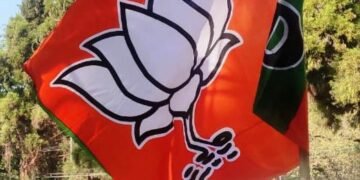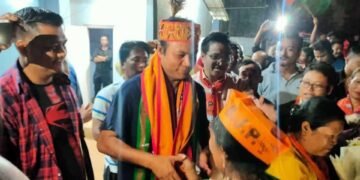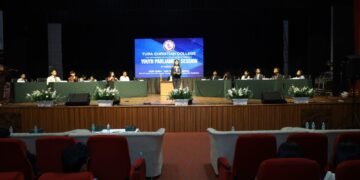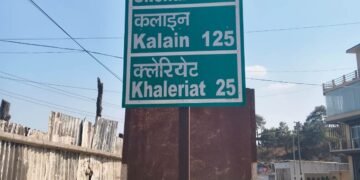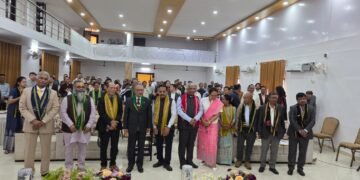The Congress claims to practise internal democracy, but the way it treated its members who differed with its stand seem to point to the contrary. Senior party leader Abhishek Manu Singhvi Singhvi had differed with party leader Rahul Gandhi’s demand for equal participation of all castes in the workforce on the basis of their population. In a post on X on October 3, Singhvi said that people endorsing ‘jitni aabadi, utna haq’ (the greater the population, the greater the rights) have to first completely understand the consequences of it or it will eventually culminate into majoritarianism.
The Congress reacted. It said Singhvi’s comment is a reflection of his personal view, and “in no way does it reflect the position of the party”. After the party differed with Singhvi, he deleted his post from the social media platform. He had to delete it as he expressed an opinion which is different from Rahul Gandhi. Following the release of the caste-based census by the Bihar government on October 2, Rahul Gandhi had reiterated his demand for caste census stating that the greater the population, the greater the rights.
This was not the lone case. Veteran party leader and senior lawyer Kapil Sibal also became the victim of sharing his concern openly in the party. Sibal was part of the G-23 leaders, who had been vocal about the grievances within the party. Sibal resigned from the party a day after the party’s three-day Nav Sankalp Chintan Shivir in Rajasthan’s Udaipur from May 13 to May 15. Sibal too had to face the ire of the party workers after he taunted the Gandhi family in September 2021 with his “G-23, not Ji Huzoor-23” comment.
In January this year, former Kerala Chief Minister AK Antony’s son Anil resigned from the grand old party after opposing the two-part BBC documentary that lampoons Prime Minister Narendra Modi. The BBC’s “India: The Modi Question” screening prompted protest by the BJP. Anil, voiced displeasure against the docu-series. Opposing the documentary, Anil Antony in a tweet said that placing the views of the British broadcaster over Indian institutions would “undermine” the country’s sovereignty. He said that there were calls by Congress leaders to retract his tweet which he refused.
Even veteran party leader Ghulam Nabi Azad, also part of the G23 leaders in the Congress, had to face the ire of the party leaders and workers for being vocal. Azad’s relationship with the Congress’s central leadership has been fraught in recent times before he decided to quit the Congress on August 26 last year. Similarly, many Congress leaders had to face the party’s wrath for speaking up in public criticising the party leadership. It is ironic that Congress, which preaches “free speech” and democracy, can’t tolerate differences of opinion by party members.


